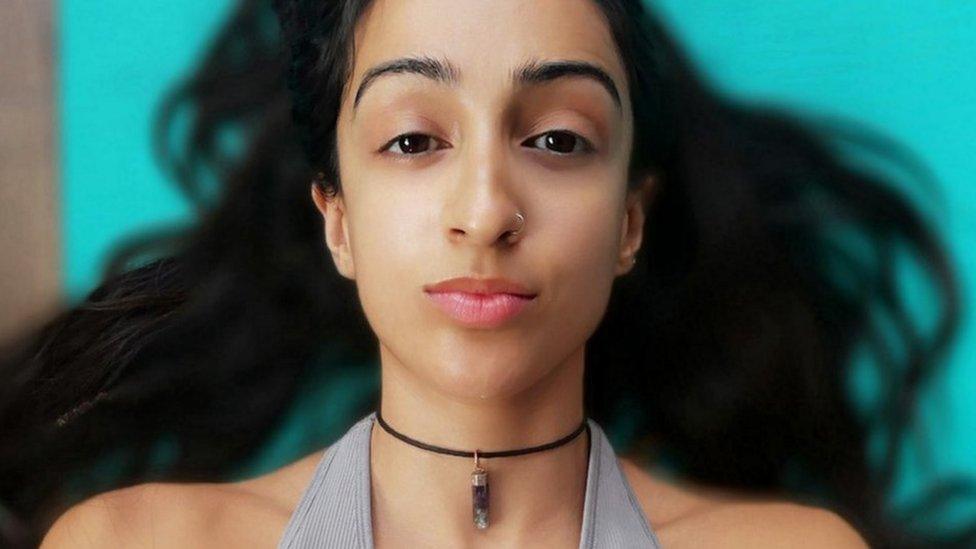Long Covid: London climber scaling Everest for charity
- Published
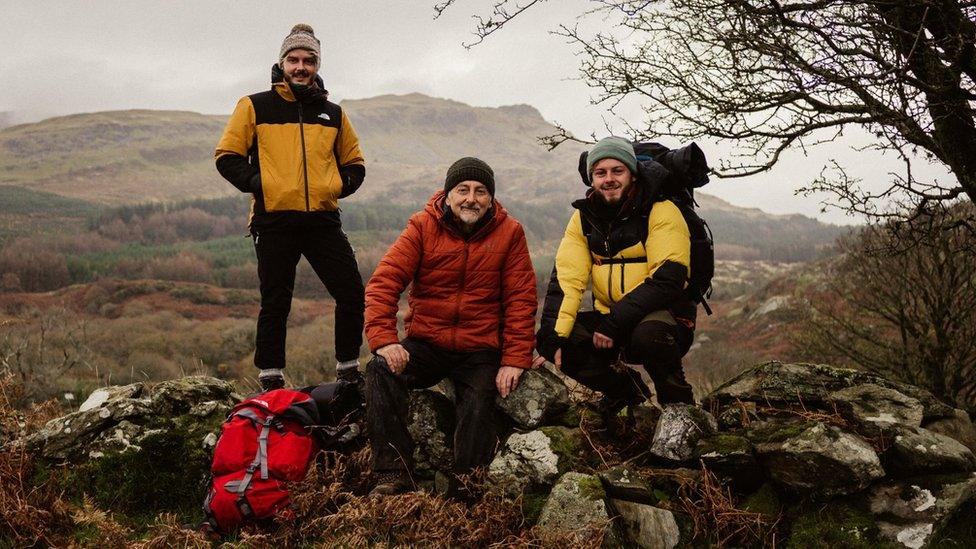
Charlie Russell (left) said he wants to "make as much noise as possible for those that are still suffering with Long Covid".
A Londoner with Long Covid is hoping to tackle one of his biggest challenges yet when he climbs to Everest base camp for charity in April.
Nearly fully recovered, Charlie Russell, 30, will be attempting the trek with his dad and brother in aid of Long Covid SOS.
Mr Russell, from Colliers Wood in south-west London, said the organisation had been a "lifeline".
He added that he also wants to raise awareness for those "still suffering".
Photographer Mr Russell, his dad Tony and brother Howie will begin their challenge on 4 April when they fly to Kathmandu - spending more than two weeks climbing to Everest Base camp and the Himalayan peak of Kala Patthar at roughly 18,500ft.
The three men aim to raise £12,000 for Long Covid SOS, a charity advocating for recognition, research and rehabilitation.
Risks and fears
However, like many people living with Long Covid, Mr Russell could relapse from doing too much activity, and he is all too aware of the risks of trying to achieve his goal in Nepal.
He told the BBC he was "aware of the limitations I now have and will be taking those into consideration".
"You have to include the whole picture and not cherry-pick it," he said, "even if you do this and manage to get through it and are OK, potentially a week or a few days later it might suddenly hit you; the exertion of it."
Despite this he remained determined, adding: "I'm more scared about the altitude than crashing."
The focus Mr Russell has is, in part, a result of the difficult journey he has been on since catching Covid in March 2020.
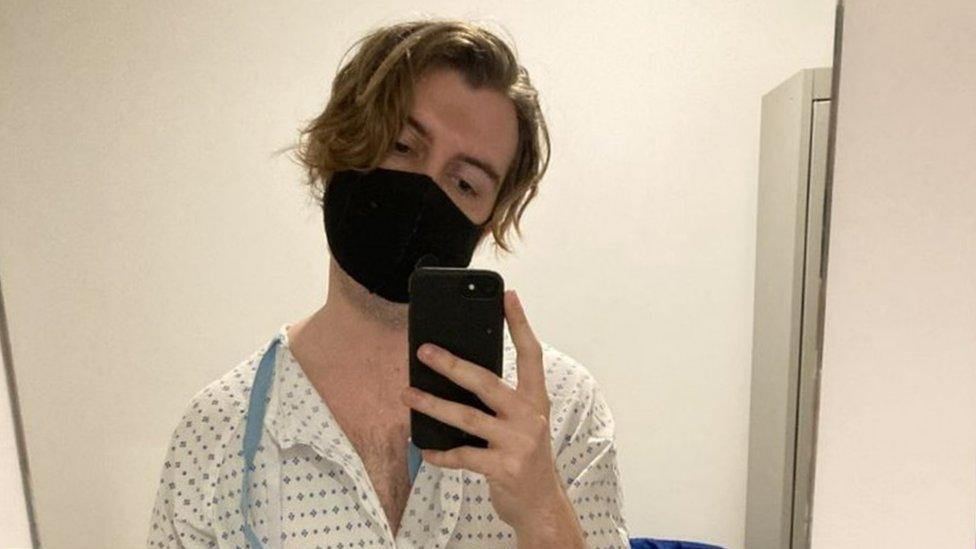
Mr Russell said he felt "nobody would really listen" until he found support through Long Covid SOS
A month after an initially mild infection he started experiencing symptoms, including "crushing headaches", chest pain, dizziness, fatigue and brain fog.
"I had a migraine which lasted about 15 days at one point," he said.
"Every time I took a few steps my chest would tighten, my breathing wasn't as easy. Reading was impossible, concentrating on the TV was impossible.
"I had so many tests done and they all came back normal and it got to the point where I had a full body MRI and I was thinking, 'please find something' - and I think that's an awful thought process for anyone to have."
Giving 'hope' to community
Mr Russell said he felt "nobody would really listen" until he joined an online support group, which became the springboard for Long Covid SOS.
He said the charity became a "lifeline in the early days" of the pandemic.
"We weren't really getting that recognition, so just being able to talk to other people who are experiencing it with other people my age who are in a similar situation and suddenly realising this is actually something going on," he added.
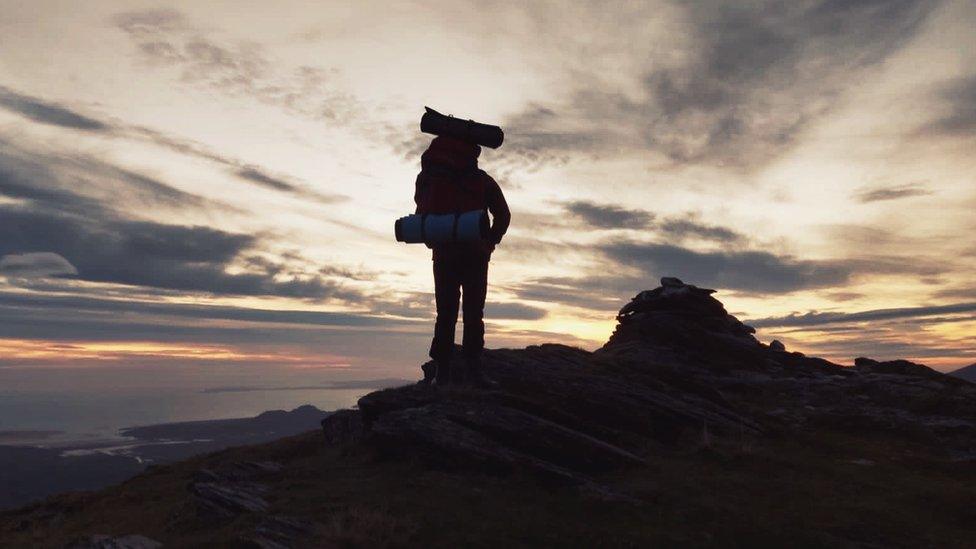
Mr Russell said: "I spent a long time mourning the person who I was beforehand, but I'm in a much better place now"
Although it took him three years to recover enough to go on walks with family and return to work, Mr Russell said he hoped his own experience might inspire others and "give them hope".
"I'm not sure I'll ever be okay with the fact that I will never be fully healed, but it's something I've made peace with. I spent a long time mourning the person who I was beforehand, but I'm in a much better place now," he explained.
"Those gaps of health between my crashes are a lot longer and I managed to get a lot more confidence back.
"Maybe, just maybe, there will be a window where I'll be able to achieve it and get to base camp."
Mr Russell said the trek is also an important chance to represent people with Long Covid and amplify the voices of those who still haven't recovered months - and years - later.
"I'm just trying to use this opportunity to make as much noise as possible for those that are still suffering with Long Covid," he said.

Follow BBC London on Facebook, external, Twitter , externaland Instagram, external. Send your story ideas to hellobbclondon@bbc.co.uk, external
- Published18 November 2022
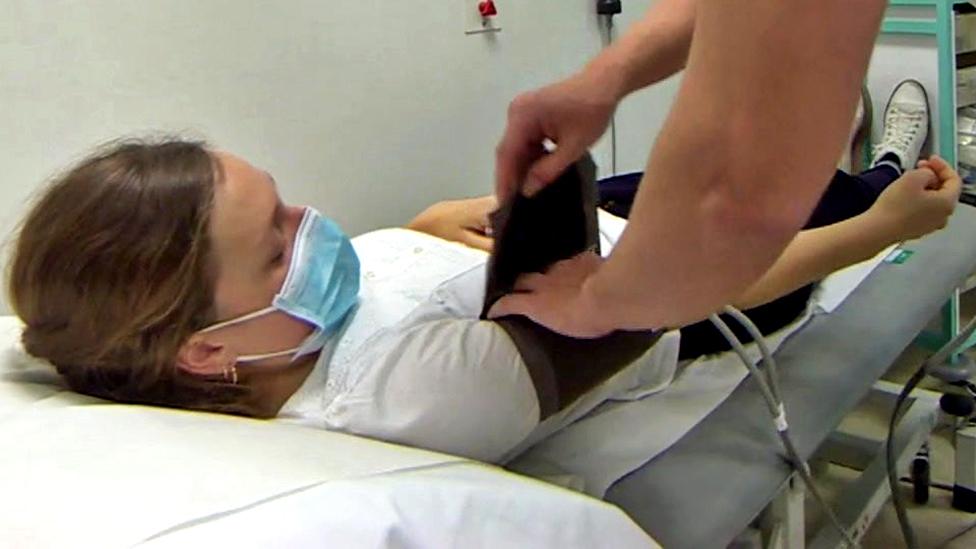
- Published17 June 2022
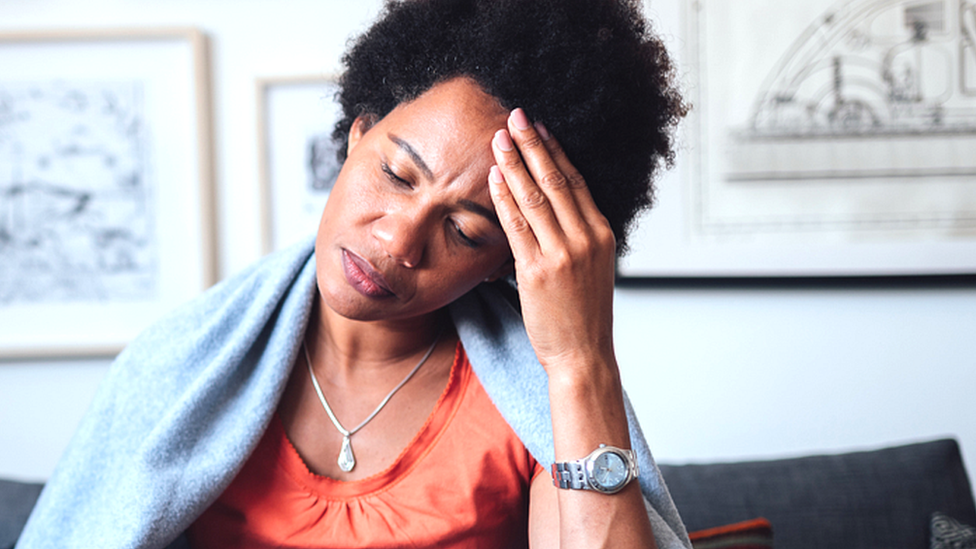
- Published10 March 2022
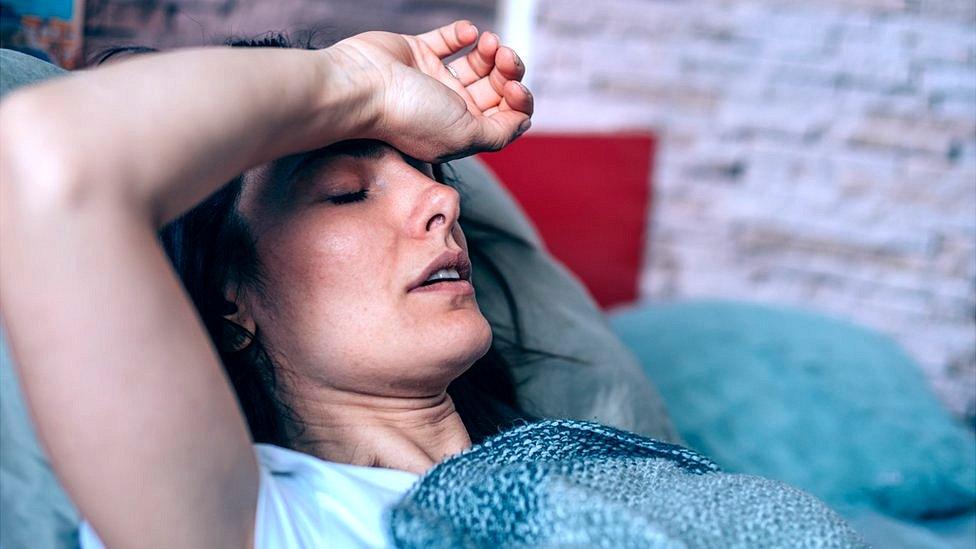
- Published26 December 2021
